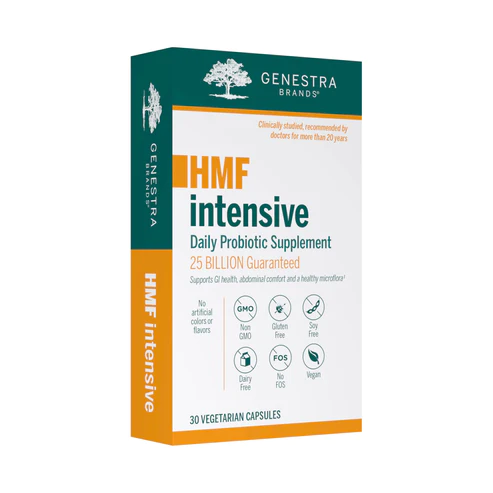Too much stress over a long period of time leads to workplace burnout. Employees who work tons of overtime hours are at a high risk of burnout. Burnout can cause fatigue, mood swings, irritability and a decrease in work performance.
Chronic stress is one of the most common health issues in the workplace.
It can lead to physical consequences such as hypertension, digestive troubles, chronic aches and pains and heart problems.
Chronic stress can also negatively impact mental health
Stress is linked to a higher risk of depression, anxiety and insomnia. Work Life Balance means something different to everyone, often depending on your age or generation.
For example, baby boomers tend to value steady employment and job security therefore we’re less concerned about work life balance, but as a result around 80 percent report moderate to high levels of stress.
Gen Xers saw the toll the long hours took on their parents and placed a higher value on work life balance, putting more emphasis on taking holidays, EDO’s, paternity and maternity leaves etc, and report generally lower levels of workplace stress.
Millennials are looking for jobs that support their lifestyle, and value flexibility and the ability to leverage technology, but as a result find it difficult to turn off the technology and are at risk of being able to work 24/7 since work is always with them.
Plus both people in a relationship may be working full time making it hard to juggle family, work and personal responsibilities.
What to do about workplace stress and burnout
Understanding that stress is anything that causes you to react or respond, therefore focusing on what they have control over on a daily basis:
- Setting boundaries around sleep – to bed by 10, up by 6-7 am
- Moderating alcohol, eating properly
- Turning off the technology to make time for face to face relationships
- Understanding that balance is different for everyone, but stress overall is something that affects everyone and can be addressed by focusing on ways to strengthen your response to stress.









